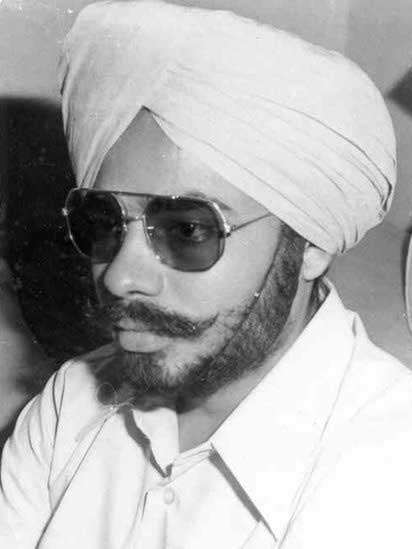
By November 1974, the movement had gathered momentum and On November 1, Indira Gandhi had a long meeting with JP in New Delhi. She agreed to dismiss Bihar ministry but she wanted JP to drop the demand for dissolution of other state assemblies. JP rejected her condition and the compromise could not materialize.
JP movement was not the only challenge that Indira was facing at that time. She was facing a more serious challenge in Allahabd High Court that was hearing a petition filed against her for winning 1971 parliamentary elections from Rae Bareilley through corrupt practices including misuse of official machinery. The petition was filed by Raj Narain , the socialist who had lost to her in 1971 elections.
On 19 March, 1975 Indira Gandhi became the first Prime Minister to testify in a court of law.
On June 12, 1975, the Allahabad High Court judge J M L sinha who was hearing this case declared Indira Gandhi's election to parliament null and void. Mrs Gandhi was given a time of twenty days for filing an appeal against this judgment in Supreme Court.




















